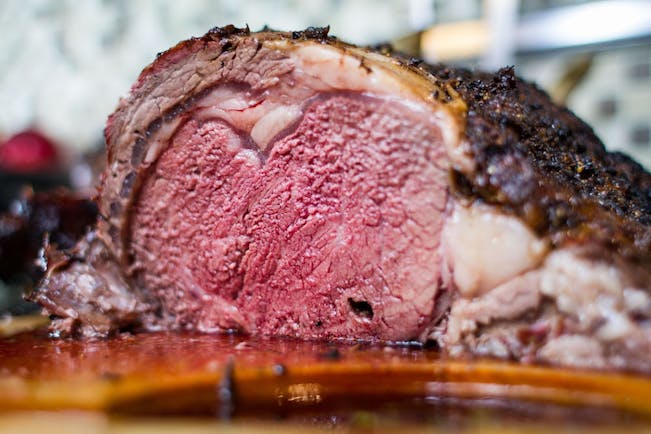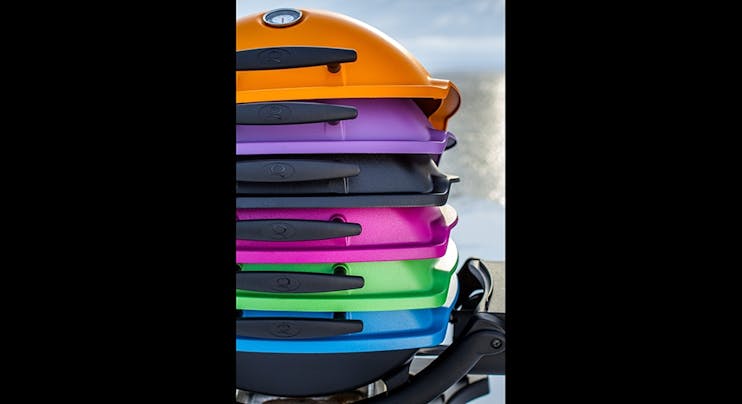How Important are BTU's?
Here at Weber, we’re occasionally asked why some of our competitor’s gas grills have higher BTU ratings than our gas grills.
First of all, what is a BTU?
BTU stands for British Thermal Unit. That might sound technical, but all it really tells you is how much fuel it will use in a given period of time.
So that means that a grill with a high BTU rating will use more fuel than one with a lower rating.
Weber grills have not only been designed for quality and performance, but efficiency as well. Our grills are not wasteful gas guzzlers. They use just the right amount of fuel to provide consistent, even, delicious results.
There is a law that requires every gas grill to have ventilation for safety purposes. If you look at the back of the lid on Weber full-size gas grills (shown below), you’ll notice a very narrow opening that acts as a vent.
The vent on many other brands, with really high BTU ratings, that same vent may be quite wide. This means that a lot of the heat generated by that high BTU rating is just going right out the back of the unit.
.jpg?auto=compress,format)
So back to that question…“Why do some competitor gas grills have higher BTU ratings than Weber gas grills?”
The answer is that BTUs should be of no concern when choosing a Weber gas grill. From the diminutive Gas-Go Anywhere to the massive Summit Grill Center, any of our gas grills are going to have just the right amount of BTUs to grill food with great results, and do so efficiently.
So next time you’re out there shopping for a Weber gas grill, don’t worry about the BTU rating.



